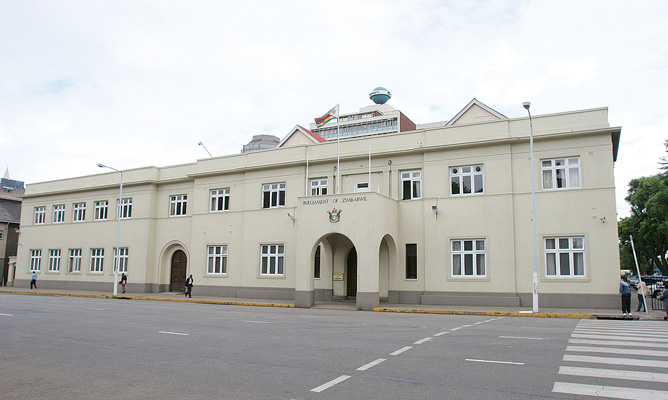
WOMEN legislators only contributed to 37% of debates in the Eighth Parliament compared to 63% by their male counterparts, a report by the Women in Politics Support Unit (WiPSU) has revealed.
by VENERANDA LANGA
Presenting the WiPSU Parliament participation report recently, researcher Juliana Manjengwa said the contribution of the 350 legislators in Parliament was crucial in tracking if MPs were playing their legislative roles well.
She said the WiPSU research, which looked at contributions by MPs in The Hansard, and eight print media publications, would also assist women to re-strategise on whether to continue to lobby for quota representation in Parliament, or to prioritise quality debates.
“Women in Parliament were at 37% during the period under review, but women would have had to contribute double to match the contribution by men, because simply put, women were not equally represented in Parliament,” the WiPSU report read.
“Overall, within the National Assembly, constituency MPs contributed nine times more than the contribution of proportional representation (PR) MPs. Agriculture was the dominant theme on parliamentary contributions, followed closely by contributions on finance and economic development. However, political affairs were the dominant theme in the media.”
The WiPSU report also revealed that new MPs were keen on contributing to debate than long-serving MPs.
“First tenure MPs contributed three times more than third, fourth and fifth tenure MPs. The more experienced the MP in Parliament, the less the MP contributed. Men continue to enjoy media coverage at double the rate women politicians and MPs receive. The independent media covers and mentions women at double the rate of State media,” the report said.
- Chamisa under fire over US$120K donation
- Mavhunga puts DeMbare into Chibuku quarterfinals
- Pension funds bet on Cabora Bassa oilfields
- Councils defy govt fire tender directive
Keep Reading
Deputy Clerk of Parliament, Hellen Dingani said measuring quantity versus quality in parliamentary debates was difficult as there was a tendency to think that the more educated an MP is, the more they can churn out quality debates.
“In my years of experience in Parliament, there were females that came from rural areas and made very positive contributions than degreed MPs. Let us fight for more numbers of women. It does not matter where they come from. We should not have elitist representation in Parliament,” Dingani said.
Zimbabwe Gender Commission official, Sibongile Mauye, said before making conclusions on whether female MPs were effective in debates, there is need to compare their numbers with those of men. In the Eighth Parliament, women constituted 124 out of the 350 MPs in the august House.
WiPSU director Sakhile Sifelani-Ngoma said there were also some male MPs who were mum throughout the Eighth Parliament.







